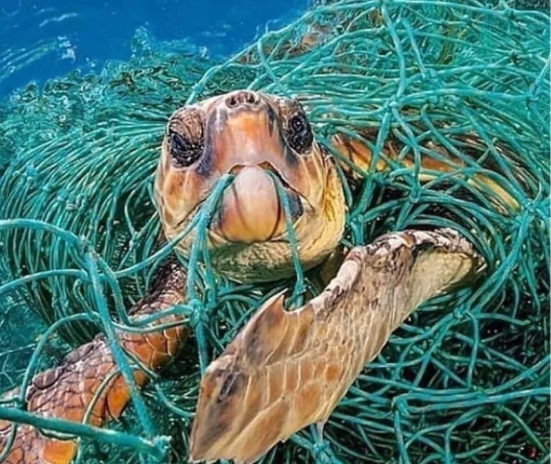Plastic waste burns all night in the small Malaysian town of Jenjarom, causing locals to cough and lose sleep. Businesspeople came to the area promising to develop an “environmental protection industry”. Instead they brought piles of waste for incineration.
馬來西亞瓜拉冷岳縣小鎮仁嘉隆,徹夜不熄的塑料垃圾焚燒爐令人無法入睡,咳嗽不止。村民們沒有想到,蜂擁而至來發展“環保產業”的外商,帶來的是一堆堆垃圾。
Malaysia is the world’s biggest importer of plastic waste. It replaced China after the country announced a ban on the trade in 2017. But like nearby Thailand, Indonesia and Vietnam, Malaysia is now facing its own environmental pressures. A recent amendment to the Basel Convention may help end the practice of richer countries exporting their plastic waste to less developed nations.
在中國宣布拒收絕大部分廢塑料后,馬來西亞迅速成為了世界第一大廢塑料進口國,面臨著嚴峻的環境壓力,而臨近的泰國、印尼、越南也面臨相似狀況。不過,近日《控制危險廢物越境轉移及其處置的巴塞爾公約》(《巴塞爾公約》)修訂案的通過,有可能徹底終結“洋垃圾”全球傾銷時代。
Academics estimate that since the invention of plastic the world has produced 6.3 billion metric tons of plastic waste. A mere 9% of that has been recycled. Twelve percent has been incinerated and 79% has ended up either in landfill or elsewhere in the natural environment. A failure to stem the growth in plastics production would mean that by 2050 the ocean will contain more plastics than fish by weight, according to an Ellen MacArthur Foundation report.Once carried into the ocean by rain and rivers plastics degrade into microplastics, which marine life consumes, sending it through the food chain and into our bodies.
有學者估算,在全球過去百年間生產的63億噸塑料垃圾中,得到回收再利用的僅為區區9%,另有12%被焚燒,剩下的接八成塑料,最終都或被丟棄,或被填埋,最終滯留在了環境中。艾倫麥克阿瑟基金會2016年發布的報告稱,如不扭轉塑料生產的增長速度,到2050年,全球海洋中漂浮的塑料垃圾重量將超過魚類。一旦隨著雨水和河流到達大海,破碎為微粒的“微塑料”甚至會在被海洋生物誤食后,通過食物鏈再次回到人類體內。

But relying on the Basel Convention to control the cross-border transfer of plastic waste will not solve the crisis. Instead, the culture of disposability that is a feature of modern lifestyles must be addressed. If we cannot stop the overuse of disposable plastic packaging and boost global sorting and recycling capacity, then all that will be achieved is a slight shift of the problem back from developing nations.
顯而易見,僅靠《巴塞爾公約》從貿易角度控制廢塑料的跨境轉移并不能解決塑料垃圾帶來的環境危機。我們需要改變的是深深嵌入當代生活的一整套“丟棄文化”。如果不能扼住即用即棄的塑料包裝的泛濫之勢,同時提升全球各國對塑料垃圾分類、回收、再生的能力,那么就算廢塑料百分百在本地處置,也只不過是把問題從發展中國家又拉回發達國家,從根源上于事無補。
The amendment to the Basel Convention has dispelled the notion that plastic waste can simply be exported away. When it comes into force in 18 month’s time some countries may be forced to reckon with their own inability to manage their plastic waste. It may also force a revolution in how plastics are used.
可以說,《巴塞爾公約》修訂案打消了全球各國對于用“保守療法”治療塑料危機的最后一絲幻想。不過,還有一年半就要生效的《巴塞爾公約》到底是會造就一個又一個無法自理的塑料孤島,還是成功倒逼出一場全球塑料革命,新的變革才剛剛開始。











